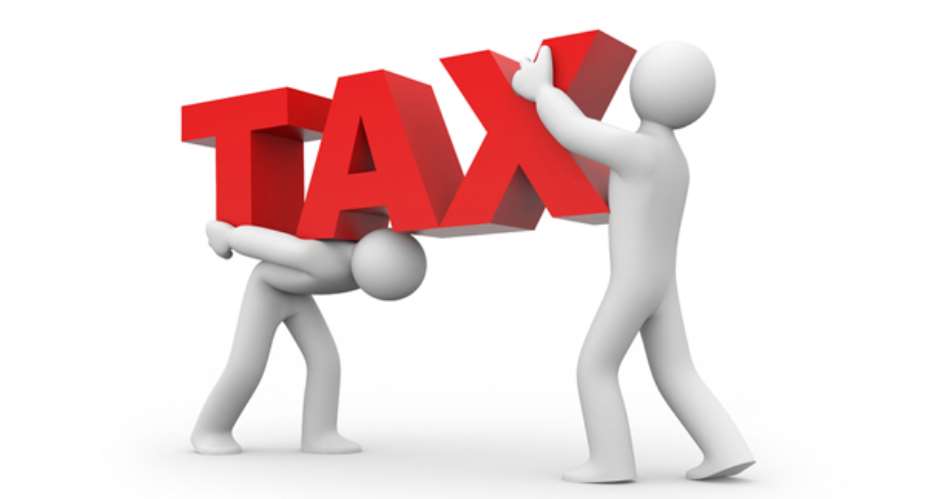Prof Peter Quartey
Prof Peter Quartey, an Economist with the University of Ghana and the Institute of Statistical Social and Economic Research (ISSER), says Ghana has returned to the Highly Indebted Poor Country (HIPC) regime with its current debt-to-GDP record of 60.8 percent.
According to Prof Quartey, any rate above 60 percent automatically puts a country into the HIPC category, stressing that Ghana's situation would degenerate if the already acquired loans are not put to any useful exercise.
Speaking to the media in Accra, he explained: “If you contract a facility and consume it or use it to pay wages and salaries and the rest that is where the danger starts looming, because we are not able to repay the loan and that can have very dire consequences on the economy.'
He noted that Government does not need an IMF bailout but rather a meticulous plan to spend the loans it contracted wisely.
Finance Minister Seth Terkper recently announced the country's debt profile to Parliament.
He mentioned that 'Ghana's public debt stock as a percentage of GDP has been rising over the years. It increased from 36.3 percent in 2009 to 48.03 percent in 2012 and further to 55.53 percent in 2013.
'As at end of September 2014, the debt stock stood at 60.8 percent, largely on account of increase in external net disbursements for infrastructure projects and net domestic issuance, and the depreciation of the cedi.
'The provisional public debt stock as at end September 2014 stood at GH¢69,705.90 million (US$21,733.51 million).'
Prof Quartey expressed fears that Government could use the loans it contracted to paying salaries since it had announced that its coffers was 'red hot.'
Ghana declared itself HIPC in 2001 when its debts became largely unsustainable. The declaration led to the country benefitting from a huge windfall with donors forgiving the then Kufuor administration the debts incurred over the years.
However, years of borrowing means the country has crawled back into the HIPC category.
It is likely the country's debt-to-GDP would be hitting a 70 percent mark by close of the financial year. Currently, Government pays a little over GH¢9 billion as interest on loans. And the country's debt portfolio may force the rating agencies to react.
Given the situation at hand, rating agencies are likely to tell investment partners to be careful should they decide to lend to Ghana because with such a debt profile it would be risky granting loans to a country which may not have the potential to pay back.
- Myjoyonline





 'Kill whoever will rig Ejisu by-election' – Independent Candidate supporters inv...
'Kill whoever will rig Ejisu by-election' – Independent Candidate supporters inv...
 Ashanti Region: ‘Apologize to me for claiming I owe electricity bills else... – ...
Ashanti Region: ‘Apologize to me for claiming I owe electricity bills else... – ...
 Ghana is a mess; citizens will stand for their party even if they’re dying — Kof...
Ghana is a mess; citizens will stand for their party even if they’re dying — Kof...
 Internet shutdown an abuse of human rights — CSOs to gov't
Internet shutdown an abuse of human rights — CSOs to gov't
 Free SHS policy: Eating Tom Brown in the morning, afternoon, evening will be a t...
Free SHS policy: Eating Tom Brown in the morning, afternoon, evening will be a t...
 Dumsor: A British energy expert 'lied' Ghanaians, causing us to abandon energy p...
Dumsor: A British energy expert 'lied' Ghanaians, causing us to abandon energy p...
 What a speech! — Imani Africa boss reacts to Prof. Opoku Agyemang’s presentation
What a speech! — Imani Africa boss reacts to Prof. Opoku Agyemang’s presentation
 Dumsor: Tell us the truth — Atik Mohammed to ECG
Dumsor: Tell us the truth — Atik Mohammed to ECG
 Dumsor: Don't rush to demand timetable; the problem may be temporary — Atik Moha...
Dumsor: Don't rush to demand timetable; the problem may be temporary — Atik Moha...
 Space X Starlink’s satellite broadband approved in Ghana — NCA
Space X Starlink’s satellite broadband approved in Ghana — NCA
